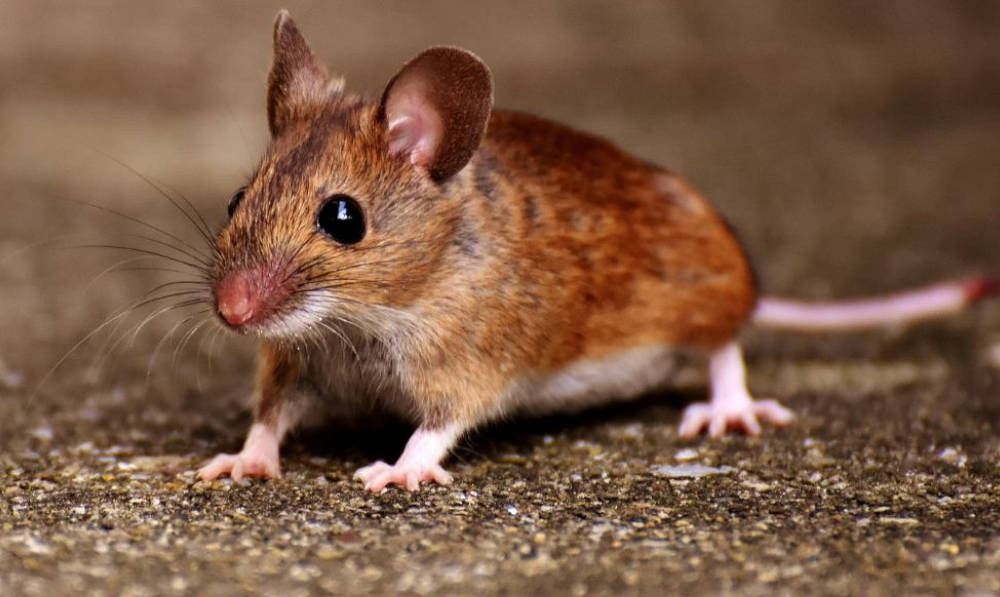KEY TAKEAWAYS:
Seal Entry Points: Thoroughly inspect and seal any gaps or cracks in doors, windows, walls, and around pipes to prevent mice from entering your home.
Maintain Cleanliness: Store food in airtight containers, manage garbage properly, and keep your home free of crumbs and clutter to make it less attractive to mice.
Eliminate Nesting Sites: Keep your yard tidy, trim vegetation away from the house, and use plastic containers for storage to reduce potential nesting areas.
Use Natural Deterrents: Repel mice with natural substances like peppermint oil, cayenne pepper, cloves, and vinegar.
Regular Inspections and Professional Help: Regularly check for signs of mice and seek professional pest control assistance if necessary to manage and prevent infestations.
Mice might be small, but their presence in your home can lead to significant problems.
They can cause structural damage, contaminate food, and spread diseases. Preventing mice from entering your home is crucial for maintaining a safe and healthy living environment.
Here are comprehensive steps to keep these unwanted guests at bay.
1. Seal Entry Points
Mice can squeeze through tiny gaps and cracks. Inspect your home for potential entry points and seal them thoroughly.
Doors and Windows: Ensure that all doors and windows fit snugly. Use weather stripping to seal any gaps.
Foundation and Walls: Check for cracks in the foundation and walls. Use caulk or steel wool to fill small cracks and expandable foam for larger gaps.
Vents and Pipes: Install mesh screens over vents and seal gaps around pipes entering your home.
2. Maintain Cleanliness
A clean home is less attractive to mice. They are always on the lookout for food and nesting materials.
Food Storage: Store food in airtight containers. Avoid leaving food out overnight, and promptly clean up spills and crumbs.
Garbage Management: Keep trash in sealed bins and dispose of it regularly. Ensure outdoor garbage cans have tight-fitting lids.
Declutter: Reduce clutter, especially in areas like the basement, garage, and attic. Clutter provides hiding and nesting spots for mice.
3. Eliminate Potential Nesting Sites
Mice look for warm, quiet places to nest. Removing these opportunities can deter them from settling in.
Outdoor Maintenance: Keep your yard clean and tidy. Trim bushes and trees away from the house, and store firewood and piles of debris away from the foundation.
Indoor Maintenance: Regularly clean and inspect areas like attics, basements, and storage rooms. Use plastic containers instead of cardboard boxes for storage.
4. Use Natural Deterrents
Certain natural substances can repel mice due to their strong smells.
Peppermint Oil: Soak cotton balls in peppermint oil and place them in areas where mice are likely to enter or nest.
Cayenne Pepper and Cloves: Sprinkle cayenne pepper or cloves in suspected entry points.
Vinegar: Wipe down surfaces with a vinegar solution to deter mice.
5. Set Traps and Baits
If you suspect a mouse presence, using traps and baits can help control the population before it grows.
Snap Traps: These traditional traps are effective and can be placed in areas with high mouse activity.
Live Traps: These humane traps capture mice without harming them, allowing for relocation.
Bait Stations: Use bait stations to poison mice, but be cautious if you have pets or children, as the poison can be harmful.
6. Keep a Pet
Cats are natural predators of mice. Having a cat can be a deterrent, as their presence alone can make mice think twice about entering your home.
7. Regular Inspections
Regularly inspect your home for signs of mouse activity. Look for droppings, gnaw marks, and nesting materials. Early detection can help prevent a minor issue from becoming a major infestation.
8. Professional Help
If you’ve tried all the preventive measures and still have a mouse problem, it may be time to call in the professionals. Pest control experts have the tools and knowledge to handle infestations effectively.
Preventing mice from entering your home requires diligence and proactive measures. By sealing entry points, maintaining cleanliness, eliminating nesting sites, using natural deterrents, setting traps, and considering professional help if needed, you can keep your home mouse-free.
A little effort can go a long way in protecting your home from these persistent pests.

